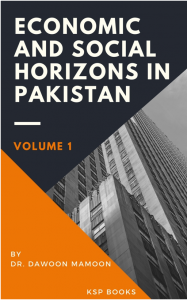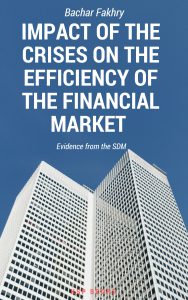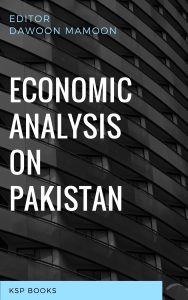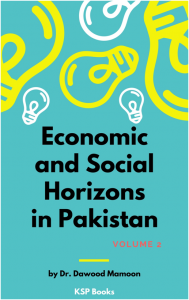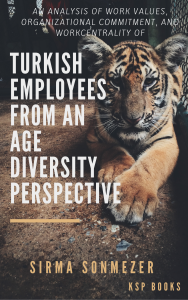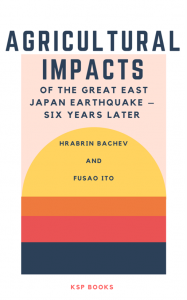Synopsis
I came across global warming for the first tite at a visit to late Aaron and Mary Wildavsky in their Oakland home around 1990. When I raised concern about the future and climate change, the Wildavsky couple reacted strongly, telling me that it was just the Mother of all scares. If environmentalism was more political ideology than merely science – the cornucopian thesis – than how could I be so wrong?
The second time I encountered global warming was during my stay at Fiji Islands where I taught development. I noticed that environmentalism had to be given a much higher priority in state and society. Environmental policy was far more than the hidden agenda of the Left with the Cornucopians. It offers indeed the only way to save the islands from massive litering.
When I settled down in Burma in my wife Mimi’S apartment I began writing small pieces on global warming rather than general environmentalism; as the evidence pointed in one clear direction concerning the former. My first finding was that global warming and energy is practically inseparable, making climate change unstoppable or irreversible The second finding from reading the global warming debate recognised that a social science perspective simply did not exist. The reason that international cooperation on a Common Pool Regime like the Paris Agreement fails is that global warming presents an Ocean PD game, translating into endless transaction costs.
I apologize for several repetitions from one piece to another, reflecting the urgency of speaking out against the cornucopian rejection of global warming. This collection of papers I dedicate to my Burmese companion into the period of climate change.
Contents
About the Author
ISBN
978-605-7736-96-3
Date of Publication
June 15, 2020
File Size: 7634 KB
Length: xiii + 330 pages
This work is licensed under a Creative Commons Attribution 4.0 International License.



